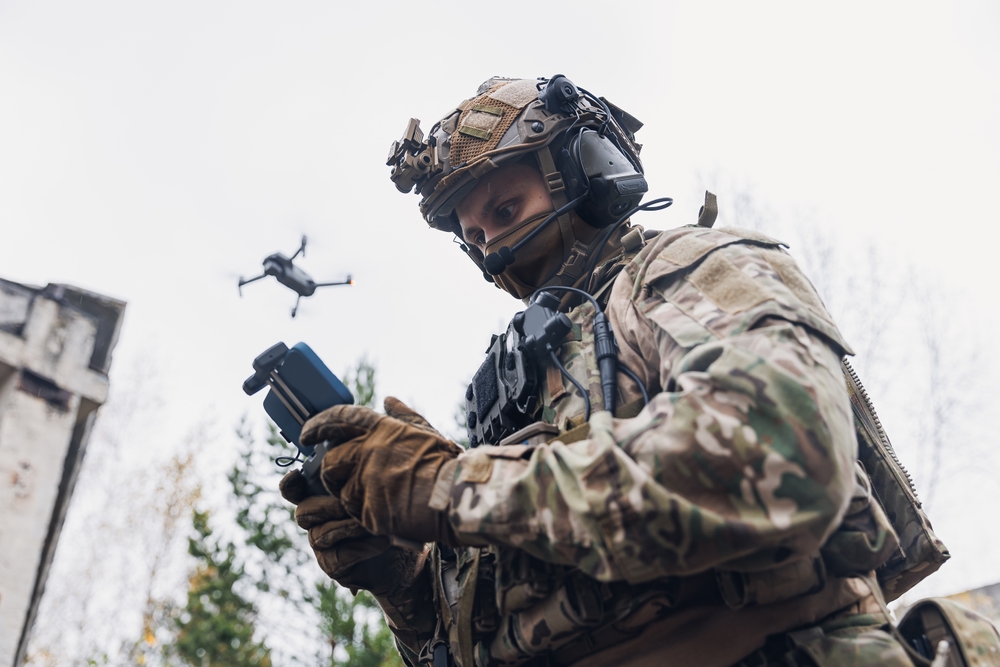
U.S. Defense Secretary Pete Hegseth made a splashy video last month from the White House lawn declaring that the administration was going to “bolster the U.S. drone manufacturing base by producing thousands of American-made products.”
Hegseth said the Defense Department will spur this manufacturing by “rescinding policies that stifle production.”
The goal, he added, is to “arm combat units with a variety of low-cost, American-crafted drones,” while also leveraging America's “world-leading engineers and AI experts.”
The announcement immediately sent U.S.-based drone stocks soaring. Unusual Machines (UMAC) surged 39.5% after Hegseth’s video, while Red Cat Holdings (RCAT) jumped 26.4%.
The former has soared 498.8% over the past 12 months, while the latter has skyrocketed 199.3%.
The bullishness from investors over the stocks would appear to be warranted given the opportunity that awaits these companies.
But widely-followed short seller Fuzzy Panda called into question Red Cat’s ability to capitalize on the opportunities. Fuzzy Panda’s report alleges that Red Cat’s production has significant setbacks.
The short seller spoke to former employees who said that the drones the company makes are encountering a high level of failure rates, with 60% of those produced allegedly failing to initially work.
Former employees also said the company faces substantial testing bottlenecks, with every drone test taking 30 minutes and requiring clear weather.
Each drone is also made by hand, leading to slower production timelines.
A leadership vacuum creates scaling challenges
In addition to the alleged production failures, the report also noted the recent departures of several key executives that have happened in successive months, including the chief technology officer, the director of software, and the head of manufacturing.
Fuzzy Panda also points out that many key senior engineering positions have been vacant for months now. The firm contends that the staff shakeup has left Red Cat lacking the leadership personnel needed to scale up its operations.
Red Cat’s stock plunged 10.3% on Friday following the release of the report.
Fuzzy Panda said that it has “serious doubts” about Red Cat being able to deliver on the Low-Rate Initial Production (LRIP) contract it was awarded by the U.S. Army.
Furthermore, that contract is for 690 drone systems, which is 46% smaller than what CEO Jeff Thomspon had promised investors in February.
“But as we learned in our research, Thompson, whose last company is now worth zero, tells investors a lot of tall tales,” Fuzzy Panda writes. “Jeff is like any guy with a premature press release problem — he habitually over inflates the size (of contracts).”
The report also calls into question Red Cat’s financial practices, specifically using paid stock promotions and issuing what it calls “toxic death spiral convertible notes.”
Convertible notes are short-term debt that can later be converted into equity, but that conversion increases the amount of outstanding shares, causing dilution for existing shareholders by reducing the ownership they hold.
Fuzzy Panda also claims that rival drone maker Skydio has already delivered hundreds of drones to the Army program that Red Cat is entering, which it estimates leaves only about $10 million in the Army’s budget for Q3.
A smaller budget could impact how much money Red Cat actually makes off the contract. The drone maker had not responded to the report as of Friday.
Your email address will not be published. Required fields are markedmarked